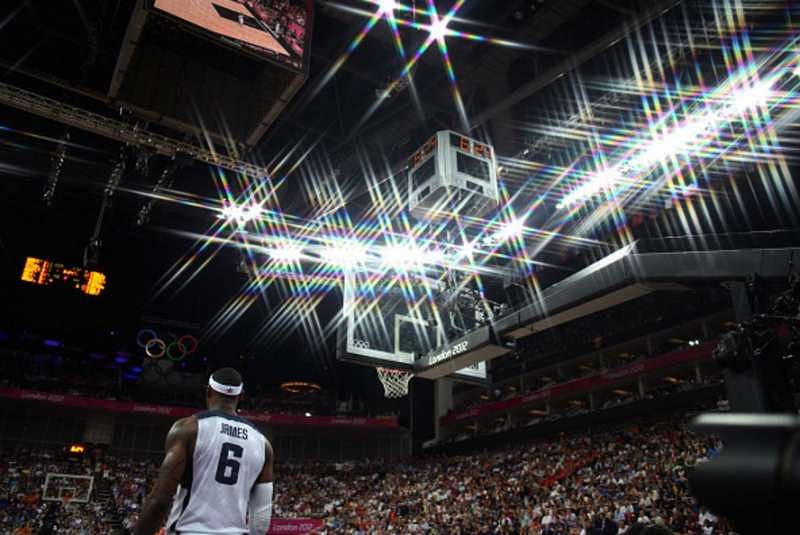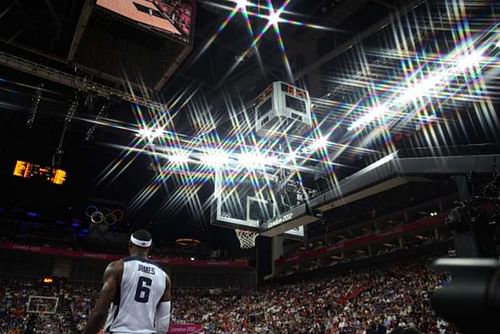
10 significant rule differences between NBA and Olympics basketball and it's ramifications
The best basketball players from across the world are about to clash in the 2016 Rio Olympics. While the rules of the game are consistent for the most part, the NBA rules do differ from the FIBA international rules in a few aspects. Any one of these rules would have a significant impact on the outcome of a game, taken cumulatively they make for an entirely different game altogether requiring an overhaul in strategies.
The game has truly gone global, and the all-star teams routinely feature players from across the world. Back in 2012, the NBA featured a then record-tying 84 international players across the league.
The 2014 season saw a record 101 international players in the league from 37 different countries. Contrast that with the era of the Dream team, when we had just 23 international players at the start of the 1991-92 season. Competition has been catching up to the NBA, and some of these rules are in favor of competitive balance.
There has been a long-held belief that the international stage is quite different from the NBA owing to a different style of play. While that may be a unquantifiable metric, there are some concrete and quantifiable ways in which the international game is quite different from the NBA game.
Here are 10 ways in which the international FIBA rules differ from the NBA rules, and how the ramifications will play out:
#10 Shorter duration
The NBA matches are grind-out marathons lasting 48 minutes, plus five minutes per overtime period. Each quarter is 12 minutes long, and superstar players are accustomed to playing 30+ minutes per game in the NBA.
In international play, each quarter is shorter by 2 minutes, standing at 10 minutes per quarter. While being two minutes shorter seems negligible, it makes the entire match duration 40 minutes long. This has a huge impact on the game and substitution patterns.
For instance, in the 2008 Olympics, Kobe Bryant played 27 minutes in the final vs Spain. No player played over 30 minutes in that final from either team.
Ramifications:
For the most part, players willingly concede the minutes they are accustomed to play, and focus on the bottom line - winning. But there are times when it can rub a player the wrong way.
Serge Ibaka is one of the most enticing big men in the league for international play. His shooting range coupled with his proclivity for blocking shots makes him a great asset for Spain. But he decided to not participate in the 2016 Olympics, even though Marc Gasol is out with a foot injury.
Back in 2012, Ibaka had expressed discontent at his perceived lack of playing time, even though he was third in minutes played. NBA stars are used to a certain pecking order, and it can be an adjustment to concede minutes in the reduced playing time.
